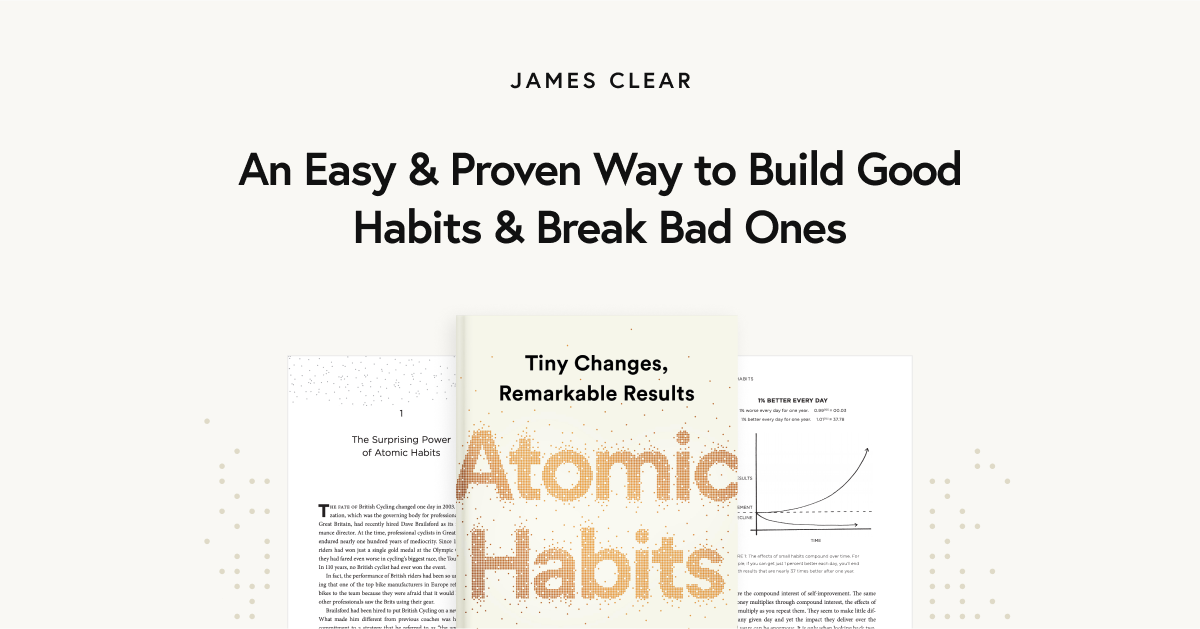Why Facts Don’t Change Our Minds: The Power of Friendship in Shifting Beliefs
Core Concepts
Facts don't change minds; friendship does. The author argues that social connections and belonging to a tribe often outweigh the importance of truth in shaping beliefs.
Abstract
The content delves into the psychology behind why facts often fail to alter our beliefs, emphasizing the significance of social connections and tribal affiliations. It highlights how individuals prioritize fitting in with their community over accepting factual accuracy, leading to the persistence of false ideas. By fostering friendships and integrating others into one's tribe, belief change becomes more feasible than through mere presentation of facts or arguments. The piece advocates for kindness, understanding, and shared experiences as effective tools for influencing beliefs positively.
Why Facts Don’t Change Our Minds
Stats
"Humans need a reasonably accurate view of the world in order to survive."
"People are embraced or condemned according to their beliefs."
"The number of people who believe an idea is directly proportional to the number of times it has been repeated during the last year."
Quotes
"People are embraced or condemned according to their beliefs." - Steven Pinker
"Be kind first, be right later." - Haruki Murakami
"The number of people who believe an idea is directly proportional to the number of times it has been repeated during the last year." - Clear’s Law of Recurrence
Key Insights Distilled From
by James Clear at jamesclear.com 09-10-2018
https://jamesclear.com/why-facts-dont-change-minds
Deeper Inquiries
How can fostering friendships help bridge belief gaps between individuals?
Fostering friendships can help bridge belief gaps between individuals by creating a sense of trust and connection. When people are friends, they are more likely to listen to each other's perspectives with an open mind. By integrating someone into your tribe and making them feel like they belong, you provide them with a safe space to consider different ideas without the fear of social isolation. Friendship allows for meaningful conversations where beliefs can be shared and understood in a non-threatening environment. This approach aligns with the idea that convincing someone to change their mind is essentially convincing them to change their tribe.
Is there a balance between criticizing bad ideas and promoting good ones effectively?
There is indeed a delicate balance between criticizing bad ideas and promoting good ones effectively. While it may be necessary at times to point out errors or challenge false beliefs, the ultimate goal should be focused on changing minds rather than winning arguments. Constantly attacking bad ideas can inadvertently give them more attention and credibility through repetition, as per Clear’s Law of Recurrence. Therefore, it is often more productive to champion good ideas by sharing them actively rather than solely focusing on tearing down opposing viewpoints.
How does social belonging influence individual belief systems?
Social belonging plays a significant role in shaping individual belief systems as humans have an inherent desire to fit in and gain approval from their peers. People often hold onto certain beliefs not because they are factually accurate but because those beliefs align with the norms of their social group or tribe. The need for acceptance within one's community can sometimes outweigh the importance of truth or accuracy in forming beliefs. As Steven Pinker suggests, our minds may prioritize holding beliefs that garner allies or protectors over those that are objectively true. This phenomenon highlights how social connections impact what we believe and why some false ideas persist due to their social relevance despite being factually incorrect.
0
More on Psychology
Exploring the Roots of Human Hostility: An Examination of Inherent Spitefulness
Exploring the Compulsive Need to Apologize: Uncovering the Underlying Reasons and Seeking Self-Empowerment
The Psychological Wounds and Struggles of Young Men: Exploring Themes of Masculinity, Identity, and Societal Expectations
